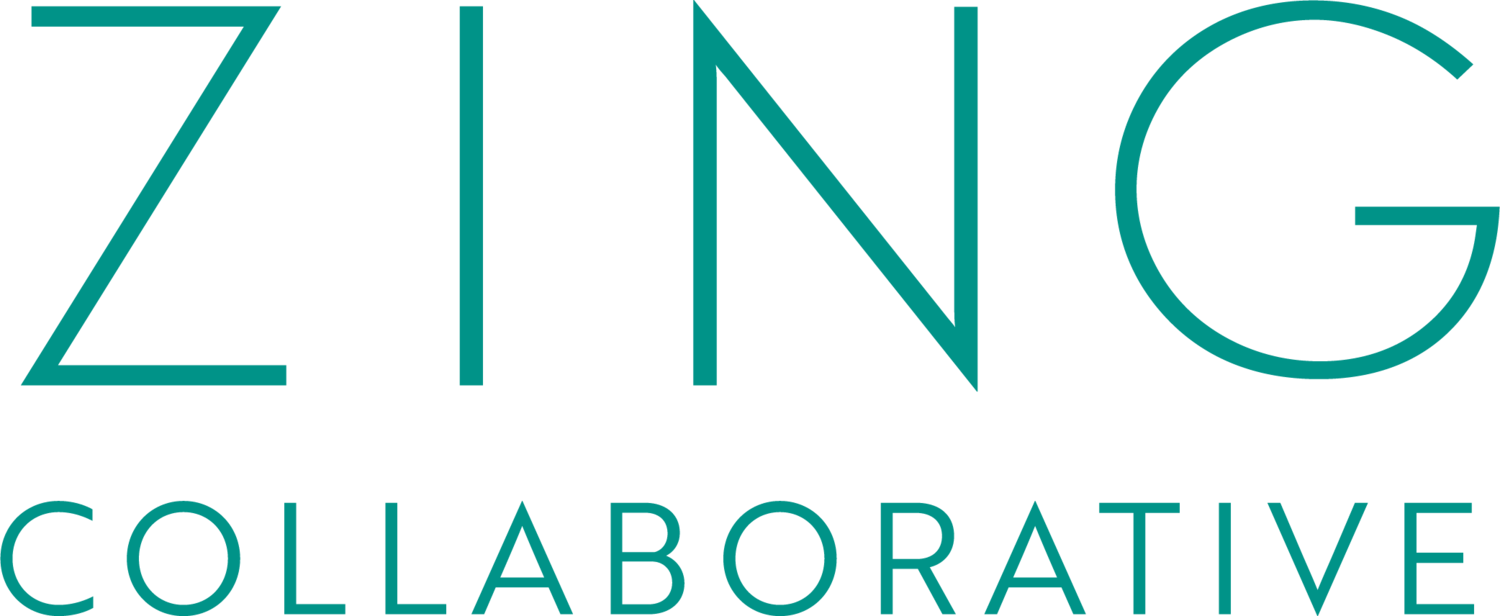HOW TO THINK FOR OURSELVES
How to think for ourselves . . .
We have a lot of people telling us what to think.
Influencers tell us about the products that we absolutely must have to make our lives better.
Fitness celebrities subtly drop sponsored content into virtual workouts, for thousands (sometimes, millions) to hear.
Lifestyle bloggers are suddenly political, medical, and middle eastern conflict experts, sharing not only their perspectives but telling us what to do and think about these various topics, through their channels and posts.
False narratives catch on like wildfire, leading even our nation’s top leaders on all sides to share statements that are simply untrue.
This is not a partisan issue; we’ve witnessed this string of events for the last number of years, and both sides are guilty.
This is not a topical issue; we’ve seen the range of topics span nearly every heated item in the books.
And this is not a temporary issue; with the growth of social media, 24/7 news cycles, and the immediate access we have to both true and false information, it doesn’t look like this will go away anytime soon.
As a result, it is more important than ever that we think for ourselves. Here are some ways that we can do so.
Ask: Is it true? And then ask: Can we be certain?
These two questions can be both game-changing, and life-changing (hat tip: Byron Katie).
When we see something on the internet, we can ask, “is it true?” and then follow it up with, “can I be certain?”
When we make an assumption about someone’s intentions or motives, we can ask, “is it true?” and “can I be certain?”
When we feel triggered by something we read, see, or hear, we can ask, “is it true?” and “can I be certain?”
It is easy to jump to conclusions and create a reality in our heads that simply isn’t true. These questions provide us with a pathway back to reality.
Do your own fact checking.
There is a lot of garbage on the internet. While this statement sounds obvious, there is also a lot of garbage being shared by our nation’s top leaders (on all sides), and there has been for a number of years now, which makes it a confusing time to attempt to be a curious and intellectually honest human in the world.
Do your own fact checking. A few ways to do so include:
Cross check information across multiple sources. If you’re reading the news, fact check by reading both left-leaning and right-leaning news sources, to try to find the middle path of truth. For example, if you read NYT, consider checking out what Fox has to say, to attempt to gain a counter perspective. If you read NPR, consider checking out WSJ as well. You get the idea.
Consider middle-of-the-road news outlets such as Breaking Points or The Week, which attempt to present the news in a way that shares perspectives from both the left and the right, or a channel such as PBS which works to report in a balanced and fact-based way. Morning Brew is relatively balanced, as well. Allsides does an excellent job of reporting how various news outlets are framing the news, based on whether they lean right, left, or center. They also work to bridge divides and will share posts on where the left and the right agree on heated topics. I’ve also observed that many local news anchors work their tail off to be objective and truthful, especially amidst the chaos of the last several years. These days, the “truth” is often subjective, depending on who is sharing it.
Read papers and journals. If you’re looking for science and medicine-based papers, two good sources include: The Lancet and MedRxiv.
Use a better search engine. Oddly, over the last several years, there has been an increase in censorship and suppression of information through mainstream search engines. Try out Duck Duck Go, and notice the different (and often more expansive) type of information that you’re able to access. As a bonus, they don’t track you online, store your personal information, or bombard you with ads. Triple win.
Spend time with people who hold different viewpoints.
It is easy to find ourselves in echo chambers - both online, and in real life - of people who think what we think; believe what we believe; and vote the way we vote. While echo chambers are great for feeling like we are right, good, and part of a morally correct majority, they aren’t great for expanding our perspectives or becoming a well-rounded human.
Get together with people who think, believe, and vote differently. Follow accounts online that share views that differ from your own. Visit the “opposing side’s” media outlets to get a sense of how they’re talking about things.
If you live in the city, take a drive out to the rural areas and talk to people about how they live and what they care about. If you live in a rural area, visit the city and talk to people about how they live and what they care about. Oftentimes, life looks and feels very different even 20 minutes away.
We will all be better for it– and maybe, just maybe, we will start to create a world that is less divisive, less polarized, and less filled with hate for “the other.”
Gain a first-hand perspective.
If we are going to have an opinion on something, we need to know what we are talking about.
I have a confession to make. I have talked about common sense gun laws for many years. I have donated to organizations that support common sense gun laws. And, in the past, I have gone to events for this cause.
However, I realized over the past couple years that I didn’t actually know what I was talking about when it came to specific details about guns, gun ownership, or gun safety, and that I was sharing ideas that I had only read about online, without having a first-hand perspective of what they actually meant. In short, I was somewhat ignorant about this topic but still had an opinion about it. This was not okay.
In an attempt to do better, I have since learned more about the specific components of a gun, I have started educating myself on gun safety and gun ownership laws, and I have visited a shooting range.
If I’m going to have an opinion on this topic, and if I am going to share any commentary on common sense gun laws or gun safety, I need to know what I’m talking about. While I am certainly not an expert on this topic, I now have much better first-hand information and can both think, and talk, about it in a much more educated way.
Ask questions and embrace a spirit of curiosity
Understanding and agreement are not the same thing. We can work to understand someone, even if we don’t ultimately agree with them.
Over the past number of years, we’ve likely all witnessed friendships and even families severed due to differing beliefs about political, global, or societal issues.
We must ask ourselves: what is the price I’m willing to pay for being right? And how important to me is it that I stand in my righteousness about whatever topic I’m fired up about—rather than simply agreeing to disagree and moving forward? This doesn’t mean that we shouldn’t take a stand for topics of importance or stand up for injustices, of course. But it does mean that we may want to consider choosing our battles and focusing on the opportunities for conscious action and actual impact, which may be different than the areas of concern or frustration.
At the end of our lives, what will matter most–how “right” we were and how tightly we clung to our rightness, or the relationships we had and the time we spent with the people we love, even if we had different beliefs and perspectives than these loved ones?
In Conclusion
In many ways, it is a confusing time to attempt to uphold intellectual integrity. We currently live in a time of bad (and oftentimes blatantly false) information, viral falsehoods that take off like wildfire, and a strange trend where it seems that everyone needs to not only have an opinion on every topic, but then also share that opinion to thousands of followers online. There is a lot to sort through.
We can cut through the noise, tune into our own inner wisdom, and attempt to uncover the truth by questioning our own thoughts; doing our own fact checking; spending time with people who think, feel, and vote differently than we do; gaining first-hand perspective; and embracing a spirit of curiosity.
What do you think? Any strategies that you use to think for yourself and attempt to uncover what is true?
Thank you for reading, and for leading.

